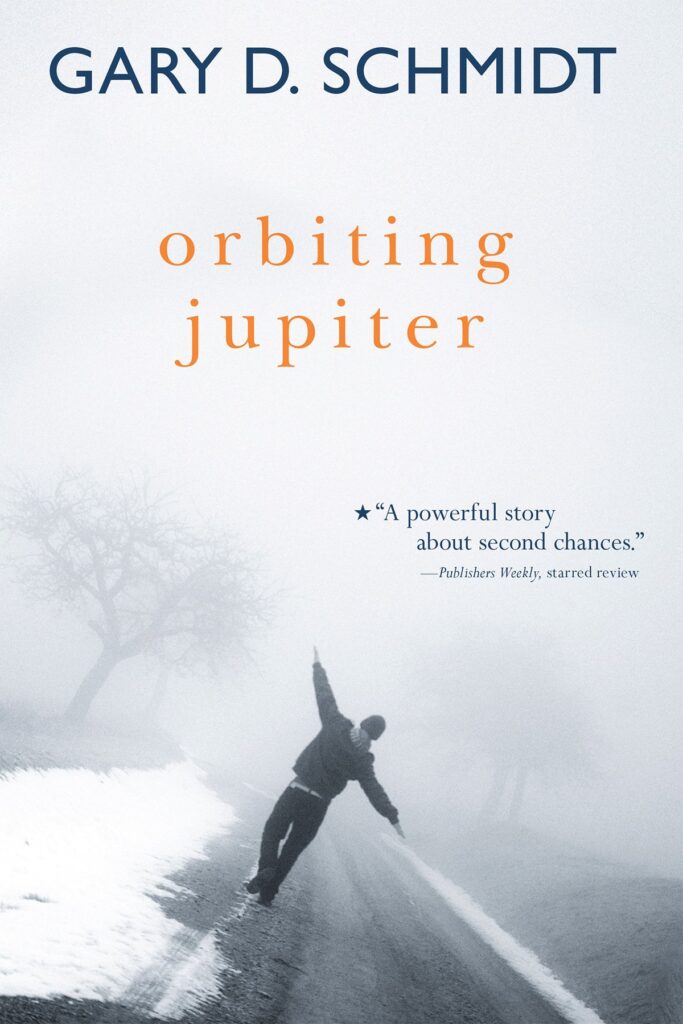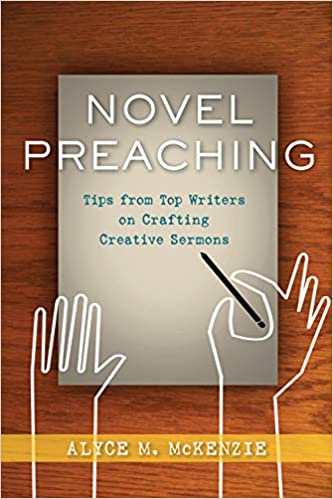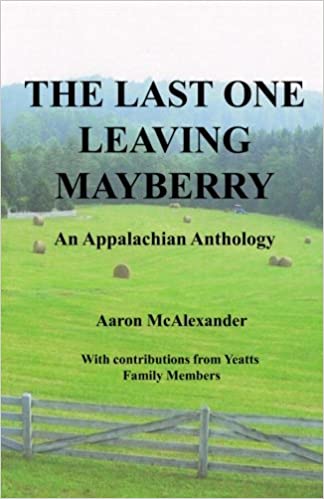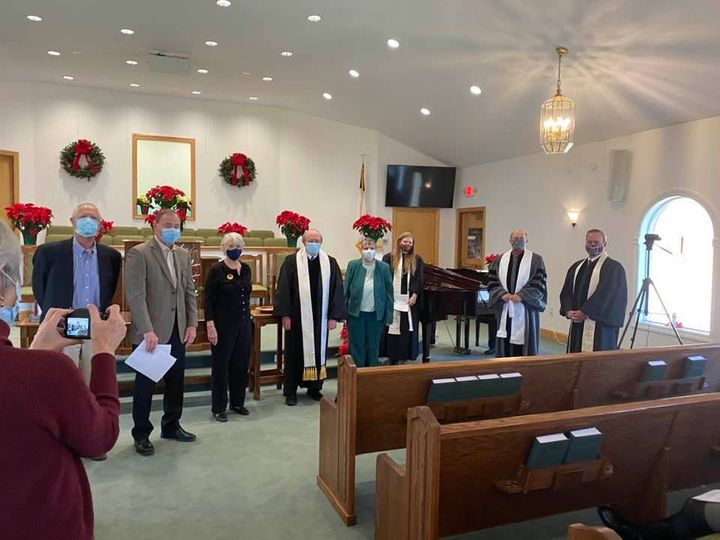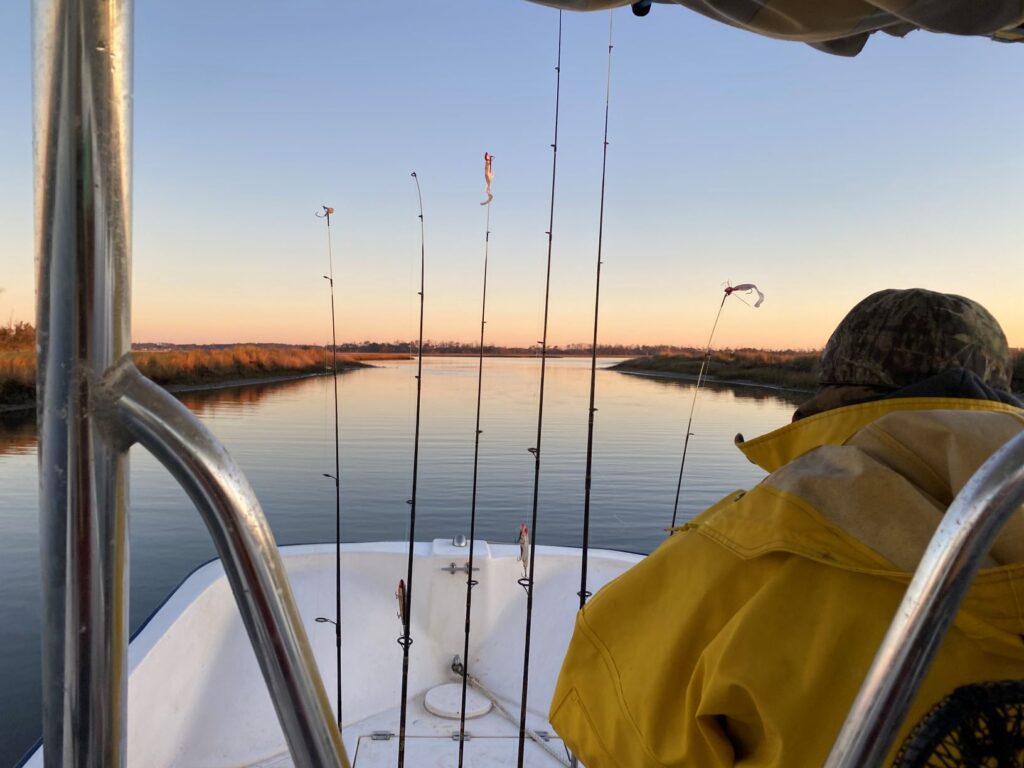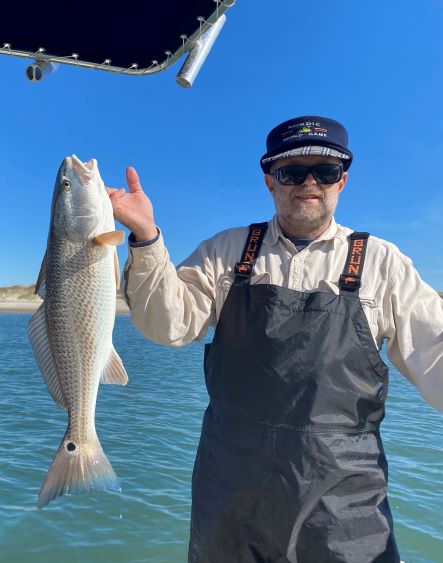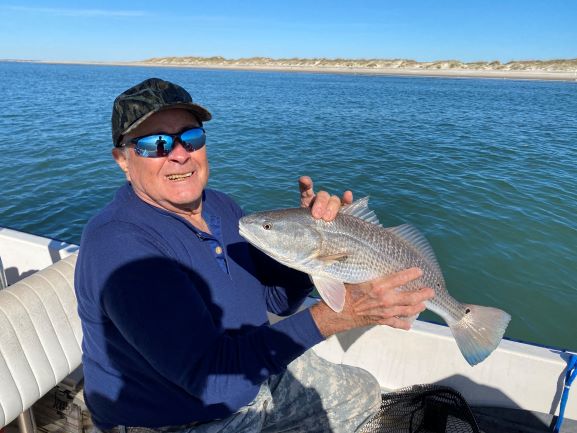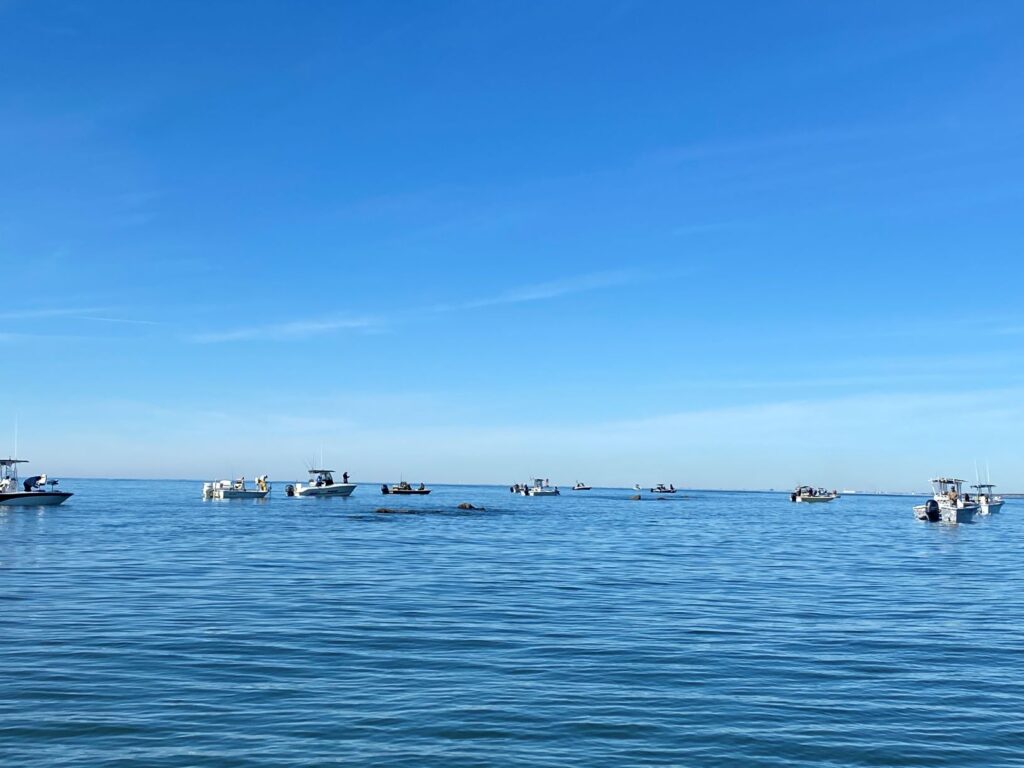Jeff Garrison
Mayberry and Bluemont Churches
Hebrews 1
January 3, 2021
At the beginning of worship, in preparation:
Today, I’m beginning a series of sermons on the Book of Hebrews. My plan is to preach through this book, with a break around Easter, and complete the study in April or May. I enjoy preaching through longer sections of scripture, for each sermon builds on the previous one. We can dig deeper into scriptures and to catch passages ignored by the lectionary.[1]
Role of Hebrews
Hebrews is an important book within the New Testament cannon. Sadly, in over 35 years, I have only preached from a half a dozen of its passages. Yet, this book grounds our Christological, our understanding of Jesus Christ. While the writing seems somewhat complicated, the message is simple. It’s all about Jesus Christ. Through him, God is doing something new and wonderful in the world. Prophets and priest and angels played an important role in how God communicated in the past, but now God has spoken in a new way, though his Son.
It is essential for us, as Christians, to understand that if we have Christ, we don’t need to have anyone or anything else. Too often, even the faithful succumb to the temptation of looking for a savior in all the wrong places: a political figure or party, a spouse, a friend, a job, or even a hobby. The book of Hebrews reminds us that Jesus is all we need. Any other want-a-be saviors will result in disappointment.
Importance of Christology
As Christians and as the church, if we long to be faithful, we must have a solid Christology. We must be grounded in an understanding of what God has and is doing in Jesus Christ. I hope you’ll enjoy this journey through his interesting book.
After the reading of Scripture
A Story of Christmas
This is the second Sunday of Christmas, there’s time for another Christmas story.
There was a farmer who was a good man, but he had a hard time accepting the faith. That’s okay, you don’t have to have faith to be good. This man allowed his wife to attend church with the kids. He enjoyed his Sunday mornings at home, putting around the barn.
One Christmas Eve, his wife tried to get him to attend church with her and the kids, but he refused. I’ll just sit and read a book and wait for you to return, he said. When she insisted and wanted to know why he wouldn’t attend, he said it is because the story is nonsense. “Why would God lower himself to come to earth as a man?” he asked.
The family left, disappointed, as he began to read his book. Outside it snowing and cold. The light was draining from the gray sky. Immersed in his book, he was shaken when he heard a thump. Then another thump. He looked out the window and saw a flock of birds around the house and realized they were flying into the window in an attempt to escape the cold.
“They must have been migrating,” he thought, “and got caught in the storm.”
He worried about the birds. Finally, he had an idea. Pulling on his boots and putting on his coat and hat, he went into the storm that was becoming a blizzard. He made his way over to the barn and opened the door thinking that the birds could seek shelter there. But none of them would fly in that direction. He tried to shoo them into the barn, but they scattered. He went back inside and grabbed some bread and crumbed it up and sprinkled it on the ground. The birds began to eat, so he made a path toward the barn, but they stopped short.
There must be another way, he thought.
“Do you want to just sit out here and freeze to death,” he asked the birds in desperation. “Why don’t you follow me?” Of course, the birds didn’t answer. They sat in the snow, their feathers puffed out for warmth, picking at whatever crumbs were left.
“If only I was a bird,” he thought. “I could come among them and guide them into the barn.”
The story’s conclusion: knowing why Jesus came
As soon as he said this to himself, the distant church bell began to ring. He could hear it faintly above the wind, but it was clear enough that he recalled how he questioned why God would come to us in the flesh. Suddenly he understood what Christmas was about; why Christ had to come.[2]
It would be a mistake to see ourselves as the farmer in this story; we start out as one of the birds. We need a savior, like us, to come and show us the way into the barn.
Jesus is God’s revelation
Jesus is the complete revelation of God. He came to show and display divine love. He came to help us understand who God is and who we are in relationship to God. Jesus came to cleanse us from sin so that we might come into God’s presence without fear. Jesus came, as the Gospel of John reminds us, to show us the way to the Father.[3]
The “Letter” to the Hebrews
This passage is from the “Letter to the Hebrews.” But this isn’t a letter or an epistle like others in the New Testament. The writings of Paul and Peter, James and John, have the hallmarks of letters. Hebrews is different. Some suggest it may have originally been a sermon,[4] for instead of beginning with the greeting and niceties of a letter, the author starts with the one premise that makes all the difference in the world: God has spoken!
The author of this sermon reminds his readers that God had been speaking to their ancestors all along, through prophets. But now God has spoken in an even better way, through a Son. God realizes, like that farmer, that the way to reach people is to come as one of them. This is the purpose of Jesus coming.
Superiority of Christ
One of the themes of Hebrews is the superiority of Jesus Christ to both human servants of God (prophets) and divine servants or messages of God (angels). While Jesus is a messenger, showing us the way, he’s more than that!
Historically, the church has spoken of Christ holding three offices: prophet, priest and king. In all three, Christ surpasses human prophets, human priests, and human kings.[5] Throughout this book, the author goes into great detail to show Christ’s preeminence which he proclaims here at the beginning with a sevenfold confirmation of Jesus superiority:
1. He is appointed heir of all,
2. The is the creator of the world,
3. He is the refection of God’s glory,
4. He is the exact imprint of God,
5. He upholds all things by his power,
6. He purifies our sin and
7. He sits at God’s right hand.[6]
Revealing the Divine Nature
God, by coming to us in Jesus Christ, reveals the nature of the divine in a way we can understand. That’s why Jesus name is more excellent than all other names, as we’re told in verse 4. Jesus Christ, our prophet, our priest and our king, came to show us God’s glory. Christ also forgives and frees us to be God’s agents in the world.
The role of angels
After this elegant opening of this book, the preacher begins the first of his polemics. The Son, Jesus Christ, is superior to angels. Now, we hear a lot about angels during the Christmas season. They inform Mary and Joseph of the plans, they call the shepherds to the stable, they warn the wisemen to avoid Herod. So just what is an angel? In the biblical sense, angels are messengers, nothing more.
In a sermon about the angel who met the women at Jesus’ tomb, Alyce McKenzie, a professor at Perkin’s School of Theology, relates the angels in Matthew’s gospel to her UPS man. They’re both focused on their job: delivering a package or delivering a message. Think of your UPS driver. He’s not there to be your buddies, or to sell you something, or open your package. He hands you the package and, if needed, obtains a signature, thanks you, and goes on his way. Angels are like that. They give their message and then it’s up to us.[7]
Jesus’ superiority to angels
Now, any message from God is important, but we are not to make angels out to be the end-all. The preacher’s first task in Hebrews is to make this clear. Jesus, the Son, the second person of the Trinity, is superior to the angels. He’s worshipped by angels. The son is eternal. Everything else (and we can infer this includes angels) are created beings. Angels weren’t there at the beginning, they have no status over our savior, and they won’t have that cherished seat at the right hand of the Father.
However, angels have an important role to play in God’s plan of salvation. As the last verse indicates, God uses them to lead the chosen into salvation.
So, while God may speak to us through an angel (and the preacher later admits that sometimes we entertain angels without knowing it[8]), they themselves are not nearly as important as the message they bring.
Knowing God
So how do we know God? While angels may give us insight into what God wants us to do, or point us in the right direction, their message is limited. The way we know God, as pointed out in the beginning of this book, is through God’s divine revelation in Jesus Christ. Jesus, the more excellent way, is how God makes himself known.
During the Christmas season, which is coming to an end, we celebrate what happened at the stable in Bethlehem so long ago. God came into the world and through Jesus showed the world his love.
Knowing God means…
But the story doesn’t end in Bethlehem or at the cross or even at the empty tomb. With Jesus now in our hearts, we are to be the ones reflecting his love to the world so that all people might experience the joy of salvation and have hope.
I will end with a poem by Howard Thurman, titled, “The Work of Christmas.”
When the song of the angels is stilled,
When the star in the sky is gone,
When the kings and princes are home,
When the shepherds are back with their flocks,
The work of Christmas begins:
To find the lost,
To heal the broken,
To feed the hungry,
To release the prisoner,
To rebuild the nations,
To bring peace among the people,
To make music in the heart. [9]. Amen.
ã2021
[1] As an example, the lection links the first four verses of Hebrews with the opening of the second chapter and omits the section (1:5-12) on angels.
[2] I’m not sure where I first heard this story.
[3] John 14:6.
[4] See Hugh Montefiore, A Commentary on the Epistle to the Hebrews (New York: Harper and Row, 1964), 33 and Thomas G. Long, Hebrews(Louisville: John Knox Press, 1997), 2-3. Another thory is that it was written as a letter to be read to congregations. See Luke Timothy Johnson, Hebrews (Louisville: WJKP, 2006), 10, 33. .
[5] See the Westminster Confession of Faith, Chapter 7 and the Westminster Larger Catechism, Questions 152-155.
[6] F. F. Bruce, The Epistle to the Hebrews, (Grand Rapids: Eerdmans, 1964), 3-8.
[7] Alyce M. McKenzie, Novel Preaching: Tips from Top Writers on Crafting Creative Sermons (Louisville: WJK, 2010), 137-138.
[8] Hebrews 13:2.
[9] Poem published in The Mood of Christmas and Other Celebrations, published by Friends United Press. I found the poem at https://mypastoralponderings.com/2020/12/31/the-work-of-christmas-by-howard-thurman/?c=1119#comment-1119

